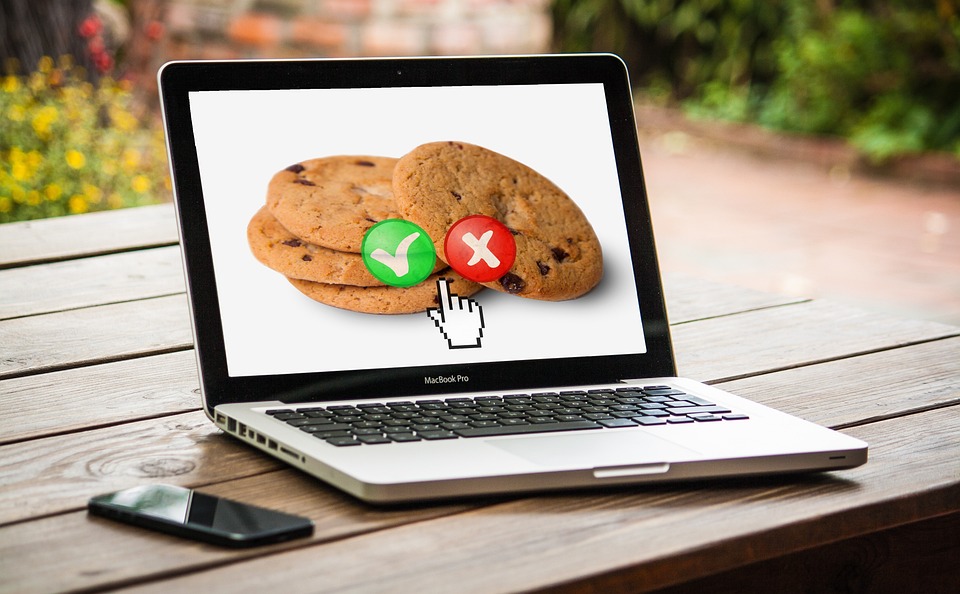
W3Techs analysts claim that the percentage of websites using cookies grew by nearly 6% from December 2021 to November 2022. Cookie files allow setting up advertising, improving site users experience, etc. Therefore, more and more ordinary online clients, as well as e-commerce owners, want to know all about cookies nowadays.
What Are Cookies on the Internet?
In short terms, these files look like small text fragments that an opened website transfers to a client's browser. They assist in storing information about the actions of online clients on a website. E.g., cookies on e-stores allow visitors to finish placing orders from where they stopped if these customers accidentally close a browser. Moreover, these files enable online clients not to sign in each time they visit a site.
How Do Cookies Work?
These files are stored on a client's computer. However, this is true for not all cookies. That depends on their type. The described pieces of data may be temporary or permanent. This is decided by a website developer.
Temporary files are deleted after a visitor closes a site. On the other hand, permanent cookies stay and store specific information. Thus, when clients try to visit the same website again, their browsers first look for cookies that are related to this site. If a browser finds the needed files, an online client may continue employing the platform without any additional activities. And if users, e.g., deleted necessary text fragments of that site, they would have to pass through the log-in procedure again to visit it.
Also, those wanting to know how to use cookies should remember that online clients may manage the operation of such files. For instance, users can forbid their browsers to employ the mentioned pieces of data. Nay, clients may just remove such files.
How Do Cookies Track You?
So, what does cookies mean? Actually, these files allow site owners to know all information about their visitors. And this is particularly important for those who run large and expensive commercial projects based on VPS. Typically, website holders apply the data about their clients for the next purposes:
- offer specific users a page configuration that is convenient for them;
- store site settings set by online customers;
- propose visitors more relevant products (e-shops widely use that).
Furthermore, some website holders can even transfer information about their clients to third parties. So, online users should carefully read the privacy policy before accepting cookies and visiting websites hosted by reputable platforms (like ishosting.com).
What Are Cookies Main Types?
Such pieces of data are divided into the following main groups:
- Session ones. These cookies meaning is to memorize users' online activities. The site browsing history would perennially be blank without these files.
- Third-party cookies. Such pieces of data assist in tracking online clients on the internet. This is a perfect tool for marketers to analyze their targeted audiences and set custom advertisements.
- Persistent (or first-party) ones. These files serve to store the registration information of customers.
More detail on this topic may be received in a thematic blog, for example, on the is*hosting official website.




